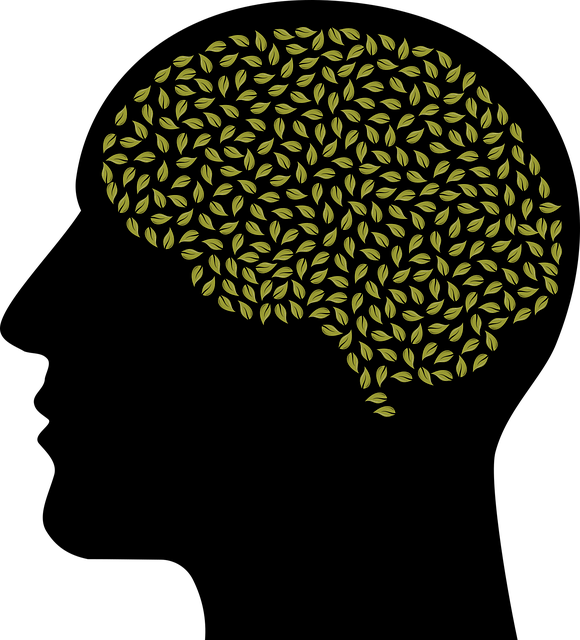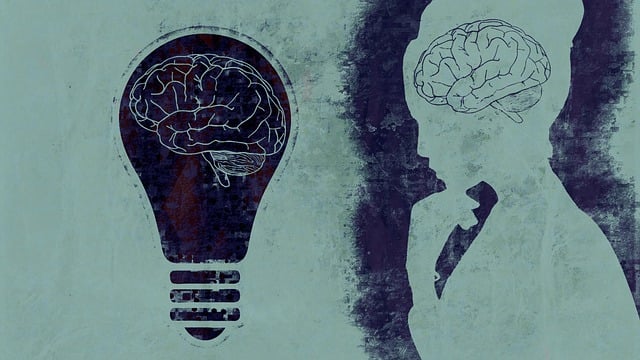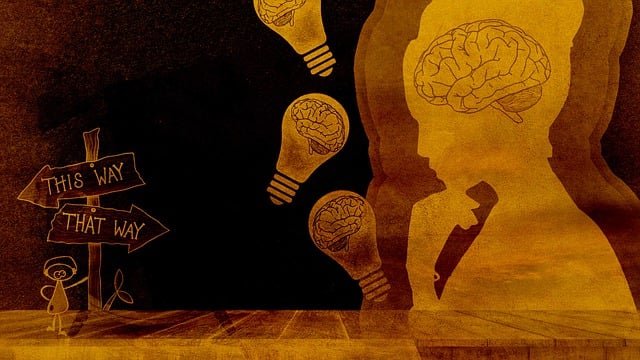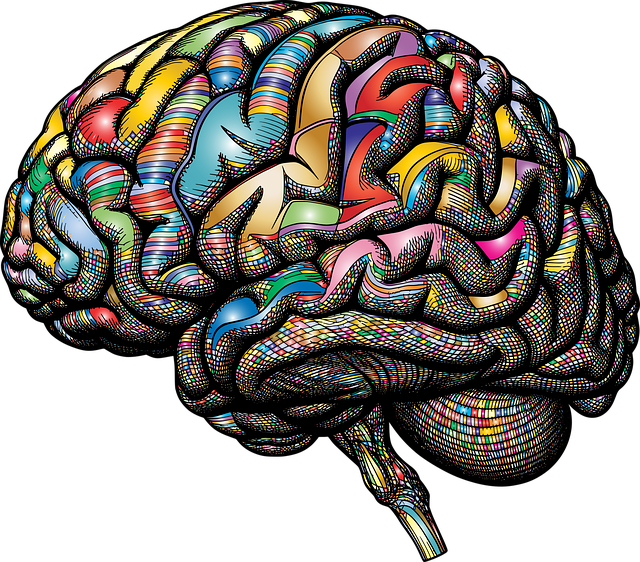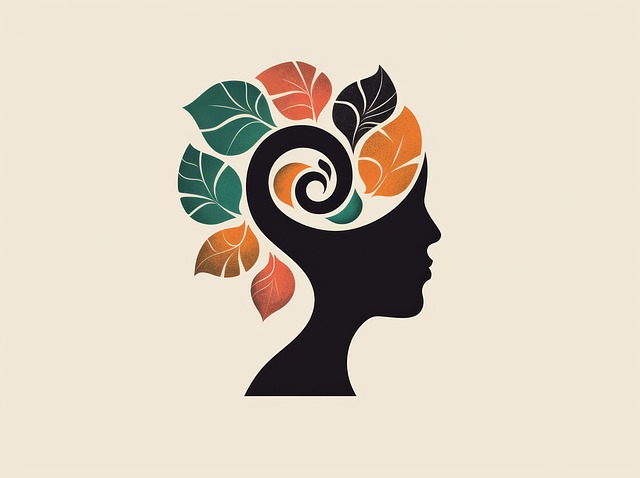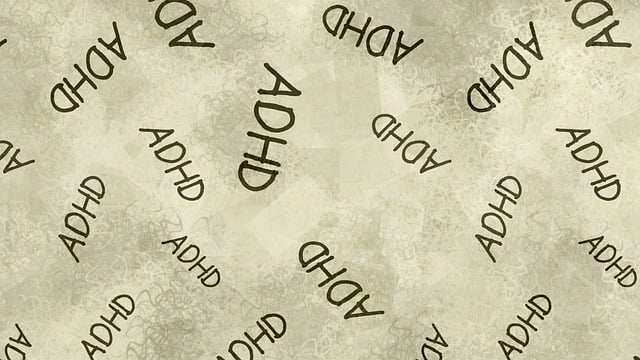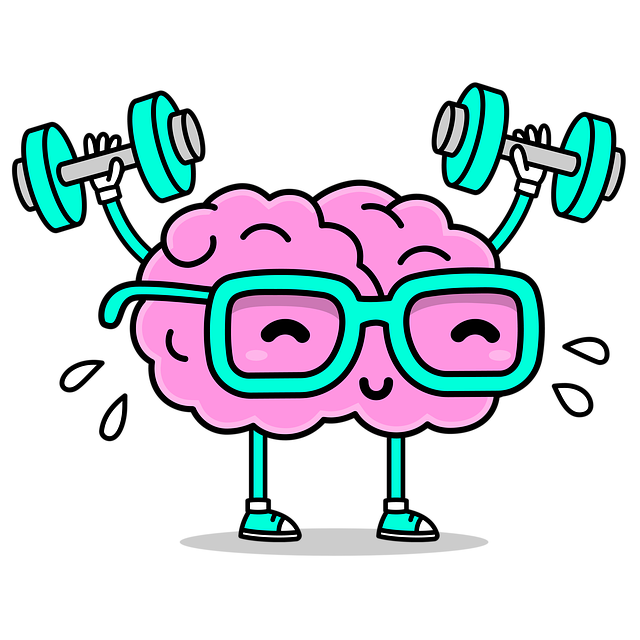Castle Rock Major Life Transitions Therapy emphasizes the importance of mental wellness during significant life changes like relocation, career shifts, or personal losses. Mental wellness apps are emerging as powerful tools, offering accessible self-care and therapy through features such as mood tracking, mindfulness exercises, stress reduction techniques, and educational content. These digital resources empower users to build resilience, navigate challenges effectively, and approach life transitions with enhanced confidence and adaptability. With a booming market driven by increased demand for personalized therapy options, Castle Rock Major Life Transitions Therapy apps prioritize intuitive interfaces, engaging content, and tailored experiences to support diverse user needs, promoting emotional well-being during pivotal life changes.
In today’s fast-paced world, mental wellness app development has emerged as a game-changer in managing life transitions. This article explores the significance of mental health support during pivotal moments, focusing on innovative approaches like Castle Rock Major Life Transitions Therapy. We delve into market trends highlighting the growing demand for digital solutions, while discussing essential features and ethical considerations shaping this burgeoning field. By understanding these aspects, we can harness the potential of mental wellness apps to enhance well-being.
- Understanding Mental Wellness and Its Impact on Life Transitions
- Castle Rock Major Life Transitions Therapy: A Unique Approach
- Market Demand and Trends in Mental Health App Development
- Key Features and Functionality for an Effective Mental Wellness App
- Ethical Considerations and Future Prospects of Mental Wellness Apps
Understanding Mental Wellness and Its Impact on Life Transitions

Mental wellness is a crucial aspect of overall well-being, especially during major life transitions. Castle Rock Major Life Transitions Therapy recognizes that these shifts, such as moving to a new city, changing careers, or experiencing significant personal losses, can significantly impact an individual’s mental health. Understanding and managing mental wellness during these periods is essential for fostering resilience and navigating challenges effectively.
The development of mental wellness apps plays a pivotal role in supporting individuals through life transitions by offering accessible tools for self-care and therapy. These apps often incorporate features like tracking moods, providing mindfulness exercises, and offering educational content on stress reduction methods and mental health education programs design. By promoting awareness and resilience-building strategies, these digital resources empower users to take charge of their mental wellness, ensuring they can approach life transitions with greater confidence and adaptability.
Castle Rock Major Life Transitions Therapy: A Unique Approach

Castle Rock Major Life Transitions Therapy offers a unique and innovative approach to mental wellness, focusing on pivotal moments in a person’s life that can significantly impact their overall well-being. This therapy recognizes that major life transitions, such as career changes, relationship shifts, or dealing with the loss of a loved one, often trigger or exacerbate existing mental illness. By providing specialized support during these transitional periods, individuals can learn effective coping mechanisms and build resilience.
The program’s primary goal is to assist clients in navigating through these challenging times with grace and strength. Through personalized therapy sessions, participants gain valuable tools for self-care practices, enabling them to manage stress and anxiety effectively. Moreover, Castle Rock’s approach includes crisis intervention guidance, ensuring individuals have the resources needed to handle potential mental health crises that may arise during life’s twists and turns, contributing to the overall reduction of stigma surrounding mental illness.
Market Demand and Trends in Mental Health App Development

The market for mental health apps is experiencing a significant surge, reflecting a growing demand for accessible and personalized therapy options. This trend is particularly evident in the realm of Castle Rock Major Life Transitions Therapy, where digital solutions cater to individuals navigating pivotal life changes. Apps offering mindfulness techniques, stress management strategies, and cognitive-behavioral therapy (CBT) have gained popularity, providing users with convenient tools for mental wellness coaching programs development.
Integrating Mind Over Matter principles and focusing on inner strength development, these applications cater to diverse user needs. The demand for such apps transcends age groups, attracting young adults seeking stress relief and older individuals dealing with life transitions. As a result, developers are increasingly prioritizing the creation of intuitive, engaging interfaces that offer tailored experiences, ensuring users can unlock their inner resilience during challenging times.
Key Features and Functionality for an Effective Mental Wellness App

An effective mental wellness app should incorporate several key features and functionalities to support users effectively. Firstly, it must offer personalized therapy sessions tailored to individual needs, such as those experiencing Castle Rock Major Life Transitions. This could include guided meditations, cognitive-behavioral techniques, and mindfulness exercises designed by healthcare provider experts. Incorporating tools for tracking moods, setting achievable goals, and receiving motivational reminders can also help users maintain consistent progress in their emotional well-being promotion.
Additionally, the app should facilitate easy access to Trauma Support Services and provide resources for understanding and managing traumatic experiences. Through collaborative design with mental health professionals, the app can offer cultural competency training modules to enhance its inclusivity and effectiveness across diverse populations. By seamlessly integrating these features, a robust mental wellness app not only promotes emotional well-being but also serves as a comprehensive tool for navigating life’s challenges, from major transitions to trauma recovery.
Ethical Considerations and Future Prospects of Mental Wellness Apps

As mental wellness apps gain popularity, it’s crucial to explore their ethical considerations and future prospects. These digital tools have the potential to significantly impact individuals navigating Castle Rock major life transitions, offering accessible therapy and self-care practices. However, developers must ensure user data privacy and security, transparency in app functionality, and the integration of evidence-based therapeutic techniques.
The future of mental wellness apps lies in personalized experiences tailored to individual needs. By incorporating innovative features like adaptive algorithms and community support systems, these apps can enhance mental wellness coaching programs development. Encouraging a consistent self-care routine development for better mental health through app functionality can revolutionize access to care, ensuring folks receive the support they need, when and where they need it—especially during challenging life transitions.
The development of mental wellness apps, fueled by market demand and innovative trends, presents a promising avenue for enhancing access to care. Integrating features like personalized tracking, evidence-based interventions, and supportive communities has the potential to revolutionize support during major life transitions, as exemplified by Castle Rock Major Life Transitions Therapy. As we navigate ethical considerations, the future of these apps holds significant hope for improving mental health outcomes and fostering resilience among users worldwide.
